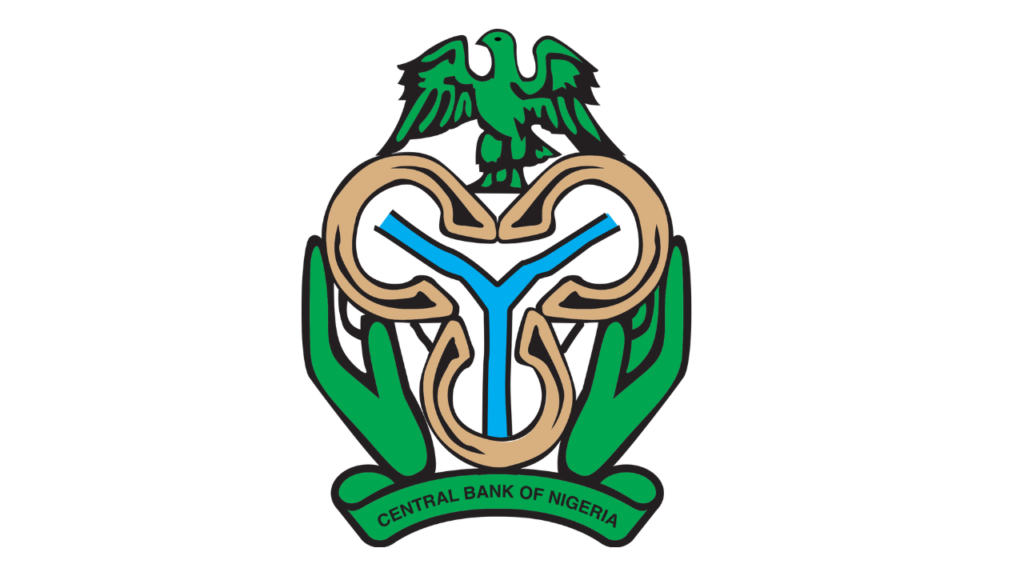The concept of open banking has taken the world by storm, promising a revolution in how we manage our finances. In Nigeria, the anticipation is no different.
There’s a widespread expectation that open banking will usher in a new era. One marked by greater financial inclusion, easier access to credit, improved treasury management, and many innovative financial products and services.
Prominent players driving the initiative include NIBSS, Sterling Bank, KPMG, OnePipe, Lendsqr, and the Central Bank of Nigeria (CBN).
In this article, we’ll explore the crucial role of the CBN in open banking. Also, how it’s shaping the future of Nigerian finance.
Open Banking in Nigeria can be understood from two key perspectives.
Firstly, it acts as a framework and method that empowers bank account holders to control their financial data. This allows customers to securely grant access to their bank information whether to a FinTech company or another bank, in a consistent and standardized manner.
But, there’s another way to look at open banking, as described by industry leader Adedeji Olowe. Think of APIs as a universal language that allows different institutions, like banks and FinTech companies, to communicate seamlessly.
With open banking, these APIs become standardized across all institutions. This means that regardless of the bank or FinTech involved, they can all “speak the same language,” facilitating seamless communication and collaboration.
This makes it simpler and faster for them to work together and develop innovative new financial services. Learn more about what Open Banking means here.
The CBN’s role in Open Banking is multifaceted
Given the highly regulated nature of the Nigerian banking sector, with the CBN dictating everything from senior staff promotions to CEO tenures, it stands to reason that open banking wouldn’t be implemented without its central role.
The CBN has taken a three-pronged approach to fostering open banking in Nigeria:
1. CBN authored the regulatory framework
CBN takes the lead in establishing a legal framework that governs open banking practices in Nigeria. On February 17, 2021, they issued the groundbreaking “Regulatory Framework for Open Banking in Nigeria.”
This framework is a critical first step because it officially declared open banking a go. It also laid the foundation for a more open and collaborative financial landscape.
In the regulatory framework, CBN outlines key principles like customer consent, data security, and API standardization. All of these are important for building trust and ensuring a safe and prosperous open banking ecosystem.
They also play a key part in establishing the API standards that will govern how banks and FinTech companies communicate with each other. Standardized APIs are the cornerstone of open banking which ensures data exchange is secure and efficient.
2. CBN published a set of operational guidelines
The operational guidelines for Open Banking in Nigeria were published on March 7, 2023, 2 years after the framework was launched.
These guidelines serve as the comprehensive rulebook for open banking operations, outlining clear expectations for all participants.
They highlight critical areas like customer consent management, outlining robust procedures for how customers can grant, manage, and revoke access to their data.
Data security is paramount, and the guidelines establish strict protocols to safeguard sensitive financial information.
The CBN also recognizes the importance of a level playing field, and the guidelines promote fair and open competition within the open banking ecosystem.
Additionally, they identify and mitigate potential security vulnerabilities through robust risk management practices.
3. The CBN is creating an Open Banking registry
They’re building a technological platform – essentially a public registry – that will list all authorized participants in the open banking space, whether banks or FinTech companies.
While the CBN assumes full responsibility for its operation, they’ve mandated NIBSS (Nigerian Inter-Bank Settlement System Plc) to build the technology. NIBSS is a shared technology and payment platform for the Nigerian banking ecosystem.
This online portal will function as a central hub for transparency, allowing everyone to easily verify the legitimacy of open banking participants, essential for building trust in the ecosystem.
Potential customers can verify a FinTech company’s legitimacy by visiting the registry to confirm their authorization from the CBN to access customer financial data.
Similarly, banks can use the registry to verify the credentials of any FinTech company seeking access to customer data.
This two-way verification process controls the risk of fraudulent activity and ensures that only authorized participants access customer data.
Featured read: 5 innovative ideas that Open Banking will support
CBN steers the open banking ship in Nigeria
Open banking in Nigeria is a collaborative effort, and the combined efforts of the CBN, NIBSS, banks, and fintech companies will give people more control over their money and open the door for new and innovative financial services.
The CBN is leading the charge, making the rules, overseeing everything, and tracking who’s involved. Their clear guidelines put customer control, data protection, and fair competition first.
CBN is in charge of setting a clear schedule for launching open banking in Nigeria.
While some recent bumps in the road caused delays, the expectation is that these challenges will be addressed soon, allowing open banking to take off smoothly.
To stay updated about key developments in open banking in Nigeria, learn about membership opportunities, or inquire about participation, please contact the dedicated OBN team via email at [email protected].
